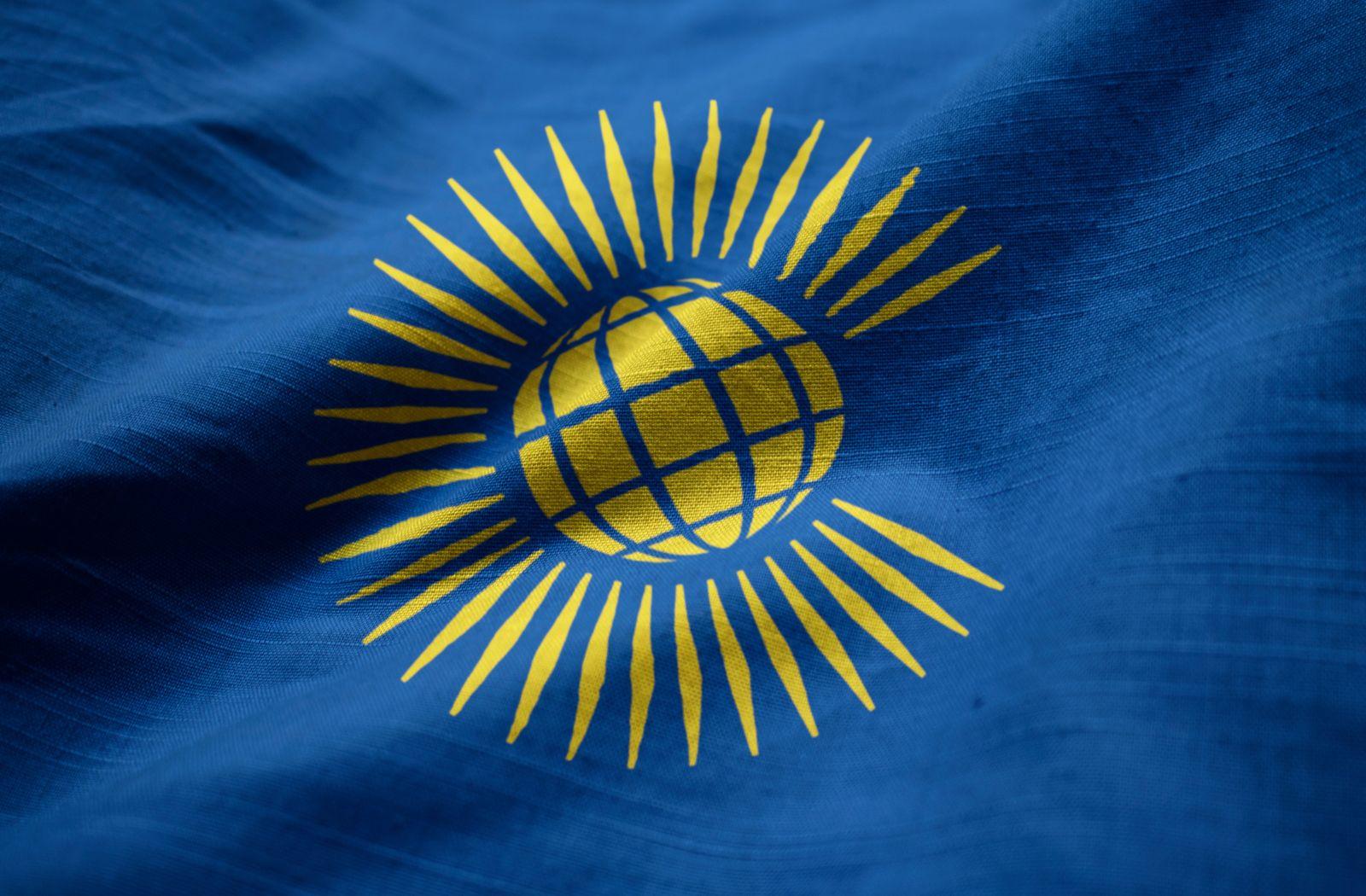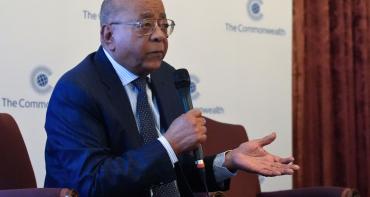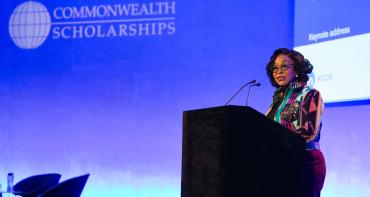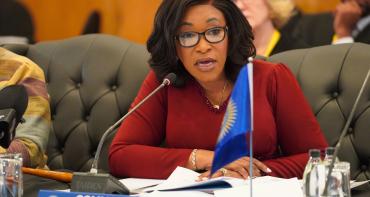Celebrating 60 years of the Commonwealth Secretariat: Championing unity, equality, and progress across member countries since 1965.

By Professor Luis Franceschi, Commonwealth Assistant Secretary-General
A vision rooted in equality and co–operation
As we mark the 60th anniversary of the Commonwealth Secretariat, I write with deep gratitude and conviction—not just as Assistant Secretary‑General, but as the guardian of a transformative legacy shaped by remarkable leaders, who laid the foundations for this institution.
Their vision, of a modern, equal, and multiracial Commonwealth, was later enshrined in the Commonwealth Charter, which affirms the organisation’s shared commitment to democracy, human rights, sustainable development, and the rule of law. These principles continue to guide our work and our unity.
Among those early visionaries was Ghana’s founding President, Kwame Nkrumah. In 1964, he proposed establishing a permanent Commonwealth Secretariat, arguing that it would help the organisation become “more in tune with the common aspirations of its members.” He envisioned a modern, equal, multiracial Commonwealth that transcended its colonial origins. This was in keeping with his wider Pan-Africanist philosophy, which included the Pan-African Secretariat in Ghana and multiple conferences promoting African liberation and integration.
Founders who shaped the Commonwealth Secretariat
Nkrumah was not alone. Uganda’s Milton Obote formally submitted the proposal to establish the Secretariat at the 1964 Commonwealth Prime Ministers’ Meeting. Trinidad and Tobago’s Prime Minister Eric Williams was also a strong proponent, drawing on regional and international models to advocate for a structured institution that reflected the diversity of the modern Commonwealth.
In 1965, the Commonwealth Secretariat was officially established, with Canadian diplomat Arnold Smith appointed as its first Secretary-General. His appointment, and the selection of London’s Marlborough House as the Secretariat’s headquarters, marked critical steps toward institutionalising Commonwealth co-operation.
Building an inclusive and democratic organisation
The Secretariat’s creation came at a time of rapid transformation, as newly independent countries such as Malawi, Malta, Zambia, The Gambia, and Singapore joined the Commonwealth. These nations were instrumental in reshaping the organisation into a more inclusive and democratic body. Tanzanian President Julius Nyerere would later reflect that the creation of the Secretariat:
The establishment of the Commonwealth Secretariat in 1965 emphasised the equality of all members, and gave final discouragement to the lingering sentiment that one member had a right to some predominance over others. It has enabled the Commonwealth to develop along independent lines in accordance with the interest of all its members.
Julius Nyerere, President of Tanzania (1973)
Since 1965, the Secretariat has been led by seven Secretary-Generals, each contributing to the evolution and impact of the organisation. Arnold Smith of Canada (1965–1975) laid the foundations as the first Secretary-General, establishing the Secretariat’s systems and global role. He was succeeded by Sir Shridath “Sonny” Ramphal of Guyana (1975–1990), who became a leading voice for decolonisation, South–South cooperation and the global fight against apartheid. Chief Emeka Anyaoku of Nigeria (1990–2000) further strengthened the Secretariat’s diplomatic influence, particularly in its support for democratic governance.
From 2000 to 2008, Sir Don McKinnon of New Zealand focused on conflict resolution, strengthening election support and amplifying the concerns of small states. He was followed by Kamalesh Sharma of India (2008–2016), who emphasised youth engagement, gender equality and practical support for member states. In 2016, The Rt Hon Patricia Scotland KC of Dominica and the United Kingdom became the first woman to hold the post, leading on conflict resolution, climate action, legal reform and digital connectivity.
Together, these leaders have helped build an institution rooted in democratic values, responsive to its diverse membership and committed to equality, sustainability and peace.

Carrying the torch forward
In 2025, Hon Shirley Botchwey became the seventh Secretary-General and the first African woman in the role, bringing renewed focus on resilience, economic inclusion and international cooperation.
Sixty years on, the Secretariat continues to champion the values its founders envisioned. We support 56 member countries on boosting trade and investment, promoting human rights, tackling climate change and strengthening democratic institutions.
In an increasingly fragmented world, the Commonwealth remains a force for good, a force for hope, rooted in history but focused on the future. We remain committed to advancing the vision of those visionary leaders – uniting our unique family in service of peace, prosperity and progress for all.
Related news
Inaugural address from the Commonwealth Secretary-General, Hon Shirley Botchwey



